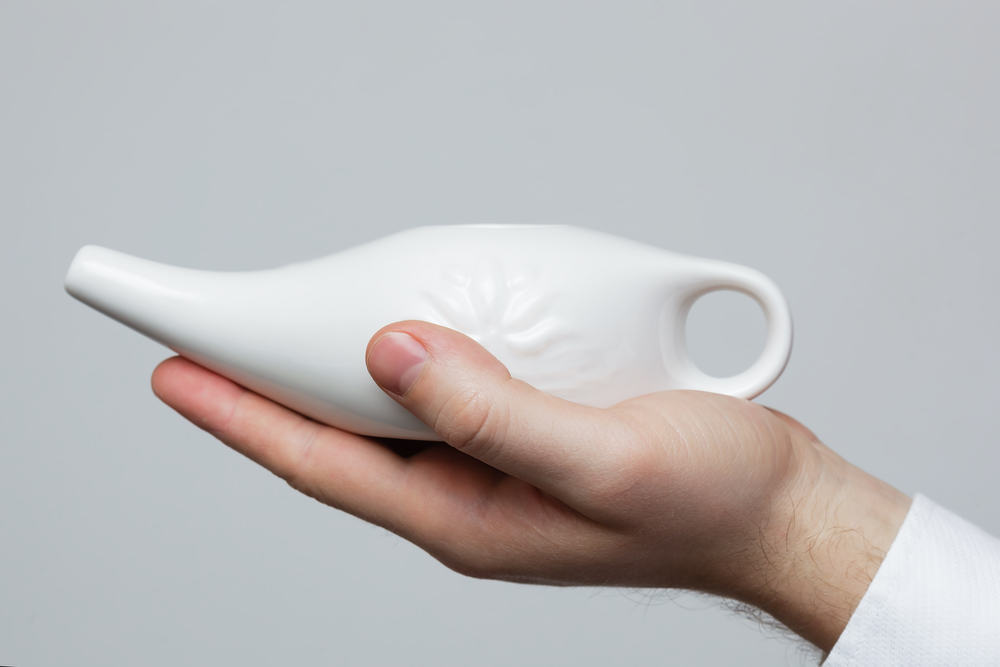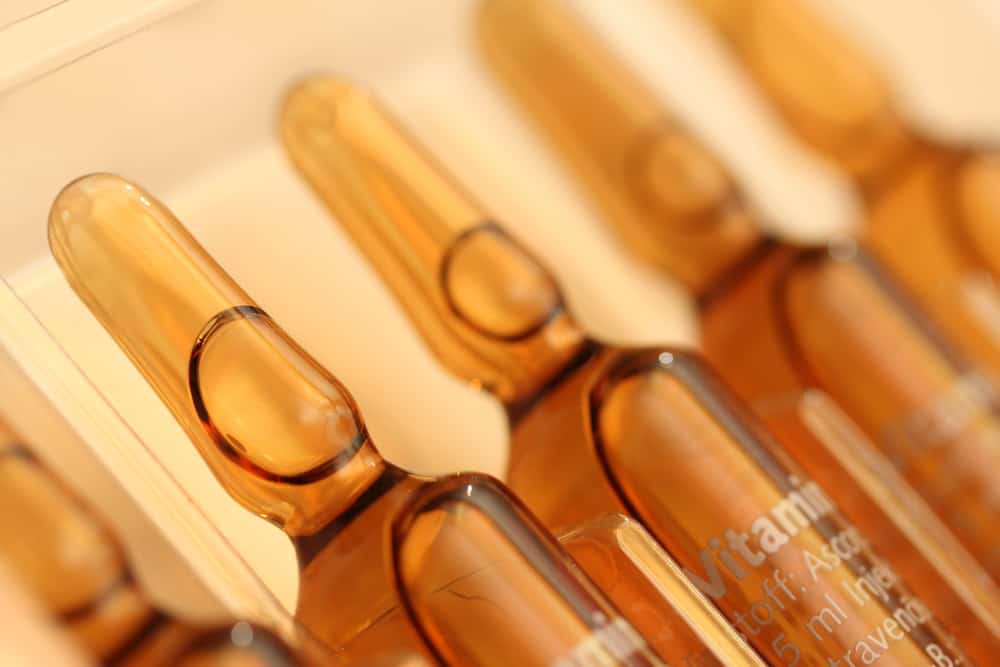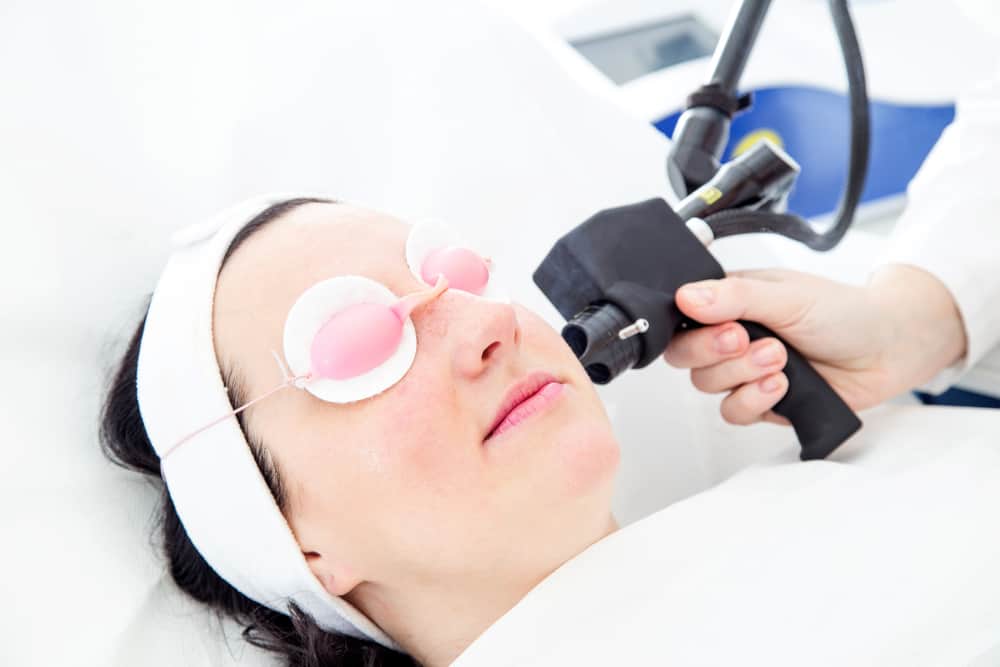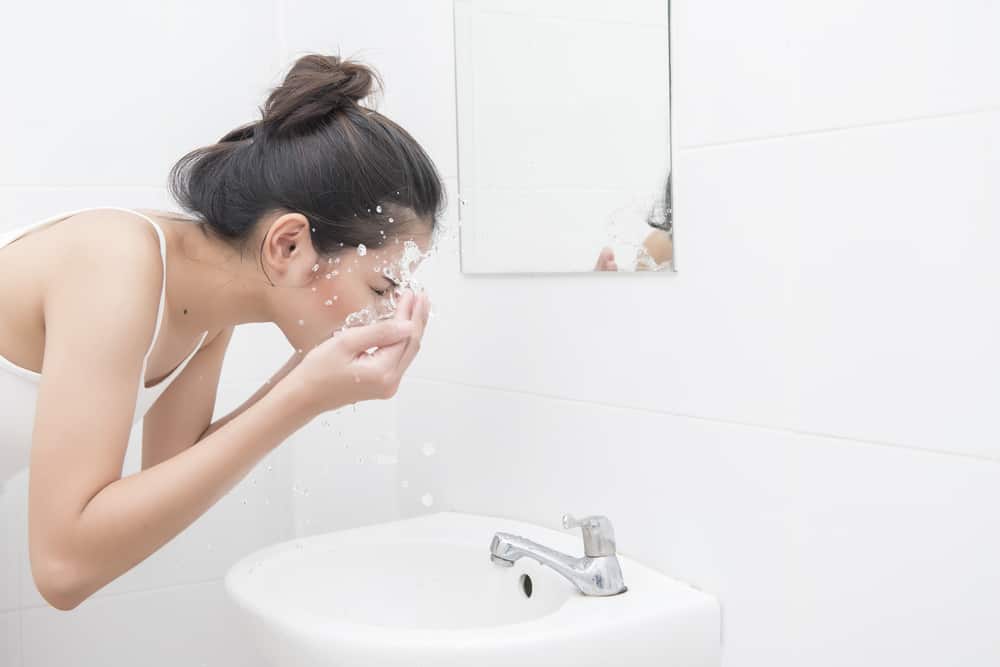Contents:
Medical Video: How to Use a Neti Pot
Anyone who has ever played rough waves on the beach might agree that breathing cold sea water through your nose can be refreshing. Although initially rather painful, this forced irrigation sometimes causes blocked sinus relief. Maybe this is what inspired someone in India decades ago to try their own nose irrigation, which is now also common in many places.
Some of the worst symptoms of nasal allergies (allergic rhinitis) are the excess production of mucus, stuffy nose, runny nose, and nasal irritation and sinuses. Some people with allergies can get rhinosinusitis, aka chronic inflammatory conditions characterized by irritated or even infected sinus cavities.
Ancient practice
A few centuries ago, practitioners of Ayurveda, a system of traditional Indian medicine, pioneered the use of warm salt water to flush the nasal cavity and remove excess mucus, pollen, and other debris.
Also known as "nasal douche" or "nasal lavage", nasal irrigation uses two simple ingredients: salt water and a specially designed container, called neti pot, which provides a stream of salt water into the nasal cavity through one nostril and then flows out through other nostrils. Practitioners usually do this up to four times per day.
Supporters of the technique claim that neti pots offer significant help from stuffy nose and irritation. They also claim that the practice can reduce headaches associated with sinus congestion and reduce patient dependence on antibiotics to combat sinus infections. This can reduce the use of nasal corticosteroid sprays to control nasal inflammation associated with allergies. Users report feeling "empowered" to control their allergies, and claim that this method provides a significant improvement in quality of life.
Many clinical trials have been carried out, and most agree that nasal irrigation is safe and well tolerated. At worst, they noted that this procedure can be complicated and requires more effort such as taking medication.
The best possibility, nasal irrigation provides a significant improvement in various allergic symptoms. For example, researchers at the University of California, San Diego studied more than 200 patients using the procedure. Subjects experienced "statistically significant improvements" in 23 of 30 symptoms, plus improved quality of life in subjective judgments.
Is there a warning before using neti pot?
There are several warnings. This neti irrigation pot should not be used in infants. According to a medical conference in 2009, the constant use of nasal irrigation can actually increase the risk of sinus infections. Occasional use has not been associated with this risk, but routine use should not be done because it can remove some protective elements from the mucous membranes that line the nasal passages and sinuses.
One final warning: it is important to use sterile water to prepare irrigation solutions. The water used must be adequate. A parasitic amoeba, called naegleria fowleri, has been associated with several deaths among neti pot users who failed to use sterile water. After being met with a sinus, the parasite can make its way to the brain, causing a fatal infection.
How to do it?
Neti pot is a simple device that resembles a smaller version of the legendary Aladdin lamp. Warm sterile water is mixed with pure salt in this container. Tilt the head slightly to one side, the snout is placed in the nostrils, and the salt solution is left to pass through the nasal cavity and out of the other nostrils.
As mentioned above, it is important to use sterile water, purchased directly or obtained by boiling and cooling. Salt solution, either isotonic (0.9% salt; 9 g sodium chloride dissolved in one liter of water, for example) or hypertonic (0.7% to 0.3% salt solution) is made by adding the correct pure amount of non-iodine sodium chloride.
Kosher salt is a suitable source of pure sodium chloride without mineral additives. Nasal irrigation should not be tried with tap water or distilled water. Sterility is very important for safety, and salt prevents the sensation of heat associated with the use of non-isotonic solutions.
Isotonic solutions contain enough solid solution to match the concentration of substances dissolved in the blood. Not surprisingly, sea water is basically an isotonic solution of salt and water. However, it should not be used intentionally, because the risk of causing unwanted contaminants.












